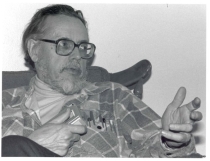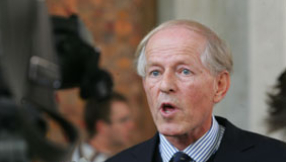They are household names, at least in Christian circles, revered for their wisdom, spiritual insight and life-changing sermons and books (even if we haven't actually read them). But some of the greatest Christian theologians had very surprising personal histories when it came to sexual morality and relationships. It doesn't necessarily change our view of their work – though in some cases it may – but it does mean that we can see them as real human beings, with the same faults and failings that all of us have, rather than just as icons of orthodoxy.
So here's a selection of sinners and sinned-against, repentant and otherwise, whose lives are often a warning as well as an inspiration.
1. St Augustine
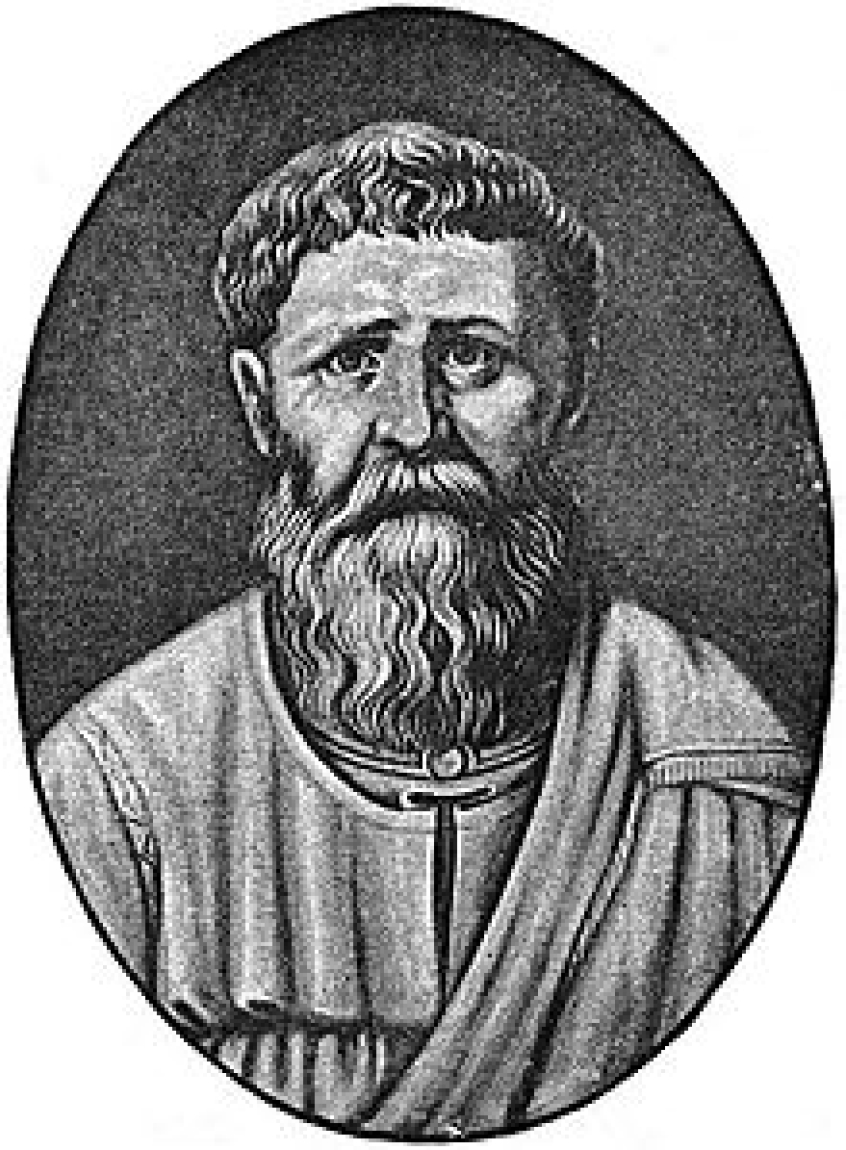
Augustine was famously conflicted about sex, bequeathing a suspicion of the whole thing to the Western Church through his influential writings. He thought sexual feelings were sinful, but before his conversion he had a long-term relationship with a mistress who bore him a son, Adeodatus; he was forced to give her up when his mother arranged a marriage for him, but as his bride was too young he took another. He tells in his Confessions that he was obsessed with sex when he was younger: his famous prayer, "Give me chastity... but not yet" expresses some of his conflicted feelings.
2. Peter Abelard
The affair between Abelardand Héloïse d'Argenteuil is one of history's great love stories, mainly because of its unhappy ending. He was a scholar in the early Middle Ages who had a remarkable reputation as a philosopher and Bible expositor. He began his relationship with Héloïse while she was living in the house of her uncle Fulbert; she became pregnant by him and was sent away to have the child in secret. The couple were married secretly so as not to harm Abelard's career, but Fulbert believed Abelard wanted to have Héloïse confined to a nunnery. He took a gruesome revenge by having him castrated.
3. John Wesley
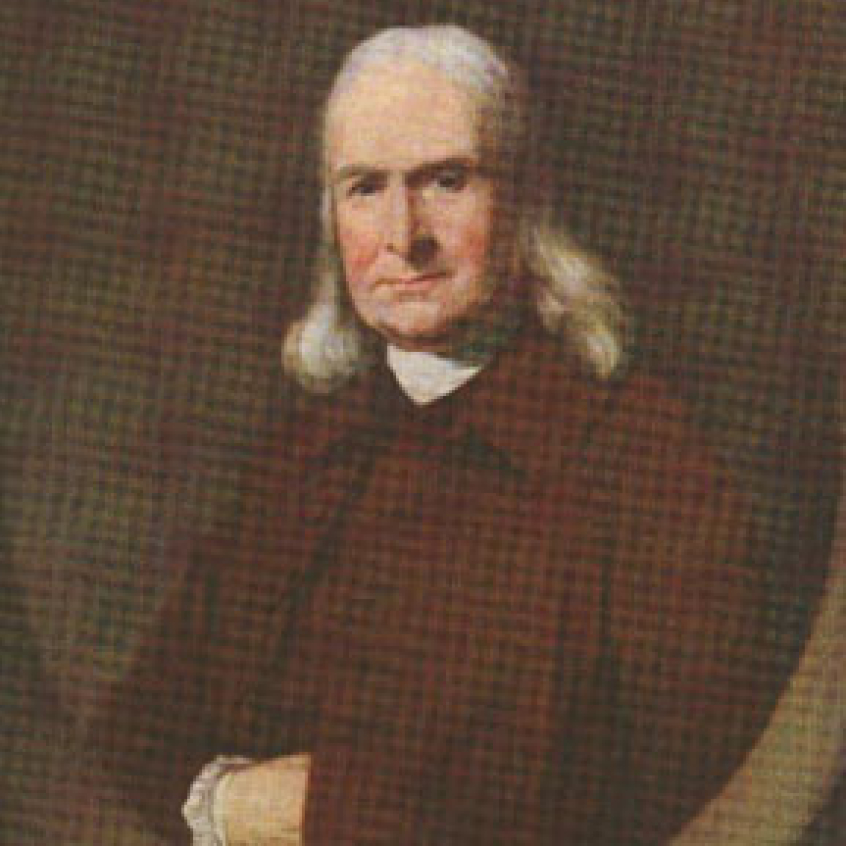
Wesley is famous as the founder of Methodism, a great preacher, teacher and traveller. Less well known is his truly catastrophic love life. He had a disastrous relationship with a young woman named Sophia Hopkey in Savannah, Georgia, which resulted in legal proceedings being issued against him. He nearly married the very suitable Grace Murray, but she was not of his class and his brother Charles scuppered the match. In the end he married a widow, Mary Vazeille, and neither of them were happy: she would heckle him when he preached and one witness spoke of seeing her drag him around the room by the hair. When she eventually left him he wrote wryly: "I did not forsake her, I did not dismiss her, I will not recall her."
4. CS Lewis
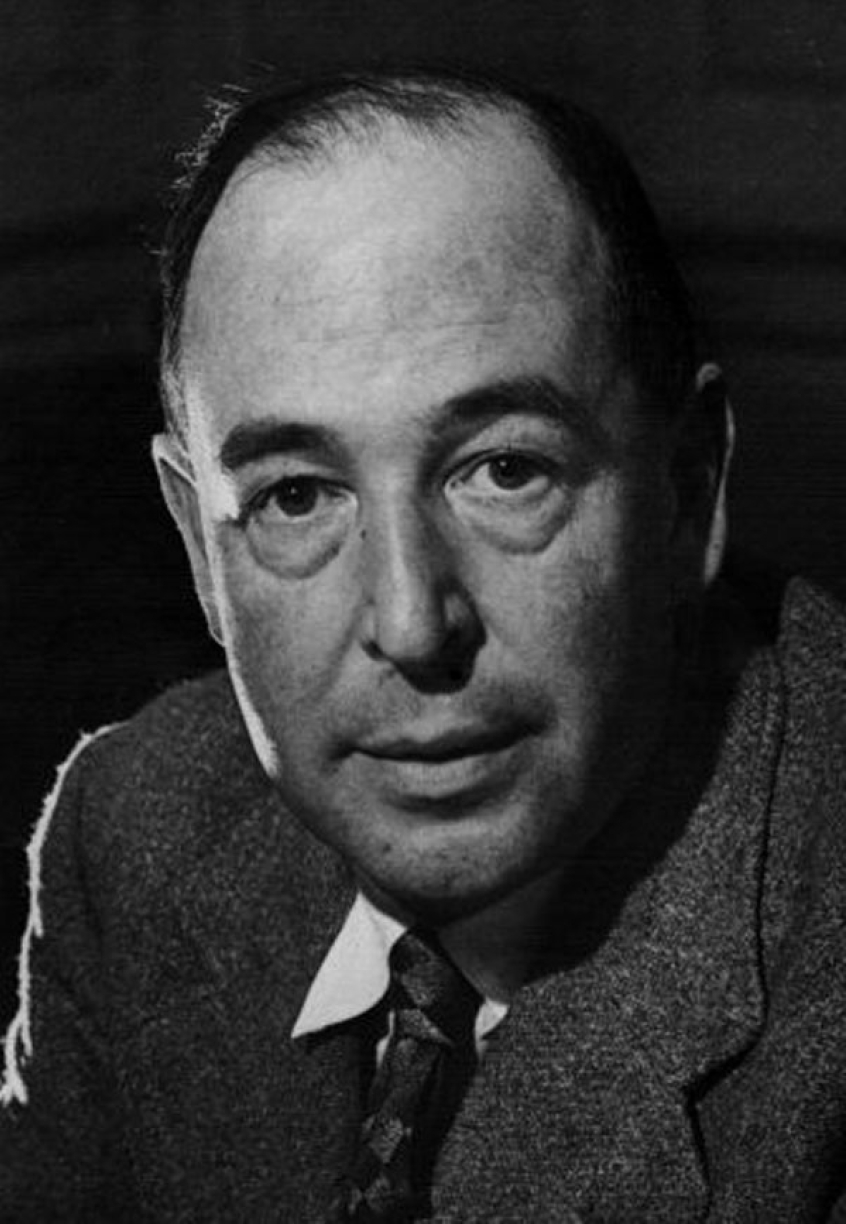
Lewis is beloved by evangelicals, particularly in the United States, but his personal life was not particularly conservative. He served in the First World War and shared a room during his army training with Paddy Moore; the two made a pact that if one were killed the other would care for the survivor's family. Moore was killed in 1918 and Lewis kept his promise; he took Moore's mother Jane and sister Maureen into his home and they lived together for many years with Lewis' brother Warnie at The Kilns in Oxford. It isn't possible to say definitively that they were lovers, but biographers have come to think so.
5. Karl Barth
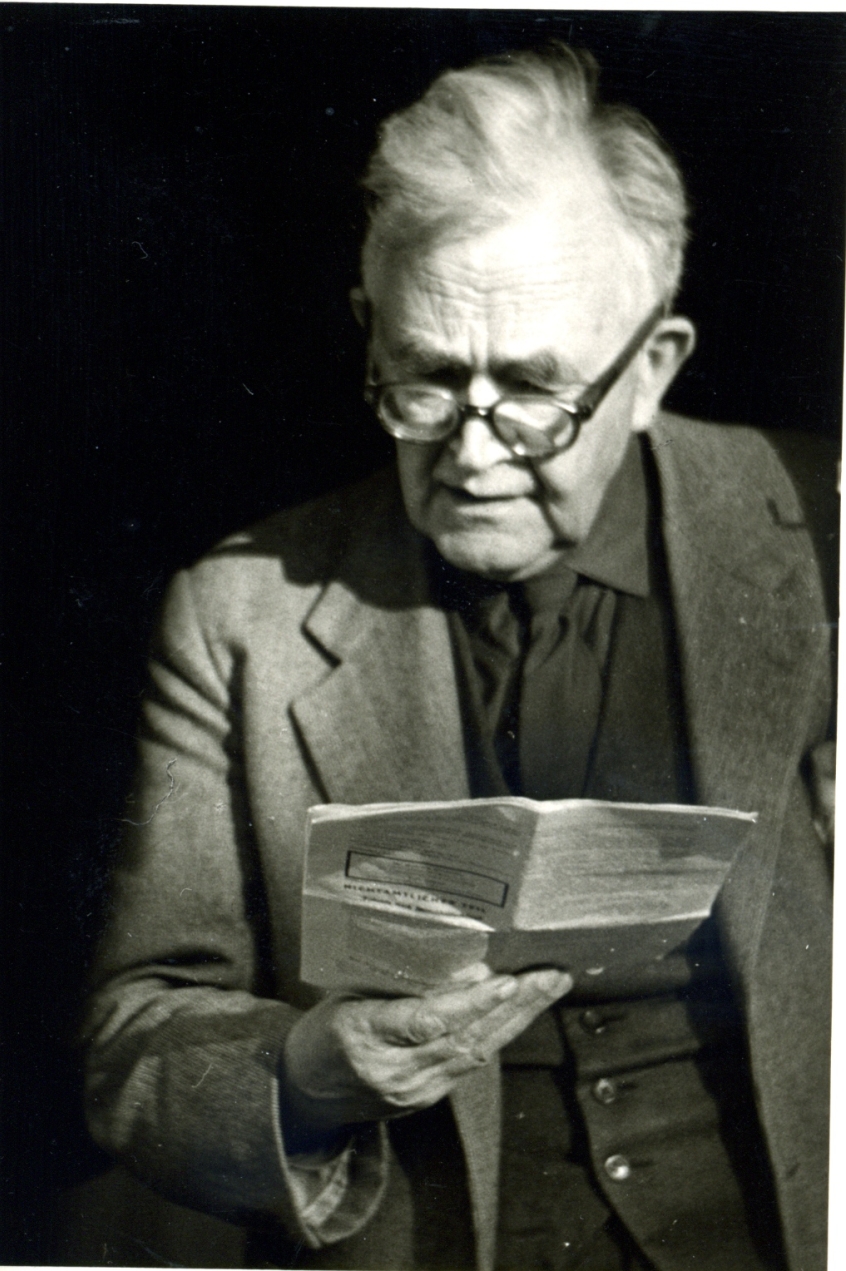
Barth was a giant of 20th century theology, whose multi-volume "Church Dogmatics" is a hugely significant work. But Barth's relationship with his secretary and collaborator Charlotte von Kirschbaum, whom he met at Gottingen when she was 25, was a scandal during their lifetime. She moved into the Barth household four years later and became his full-time assistant, sometimes holidaying with him. Again, it is not clear whether the relationship was ever consummated, but it was the cause of considerable unhappiness to Barth's wife Nellie and to her own family.
6. Paul Tillich
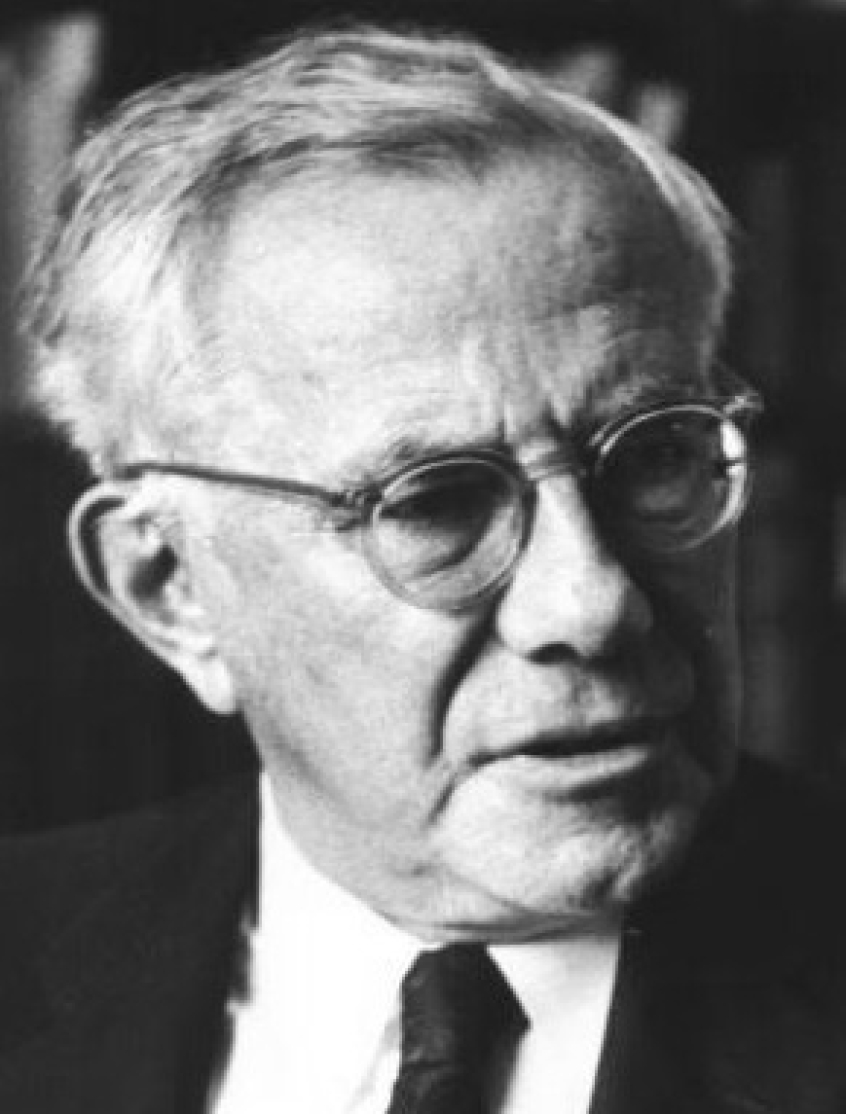
A theologian from a very different school was Paul Tillich, the existentialist philosopher, who taught for many years at Union Theological Seminary in New York. According to his wife Hannah, who wrote about their life together in From Time to Time, he had multiple affairs. Reinhold Niebuhr is said to have cut off his friendship with Tillich due to what he saw of how Tillich treated women students. His son Rene later wrote, "... in adolescence, I asked Paul directly how he could reconcile his position as a minister and his adultery. He said he had never spoken against adultery and that ended the discussion." In fairness, it should be said that not everyone believes all the stories about him.
7. Martin Luther King
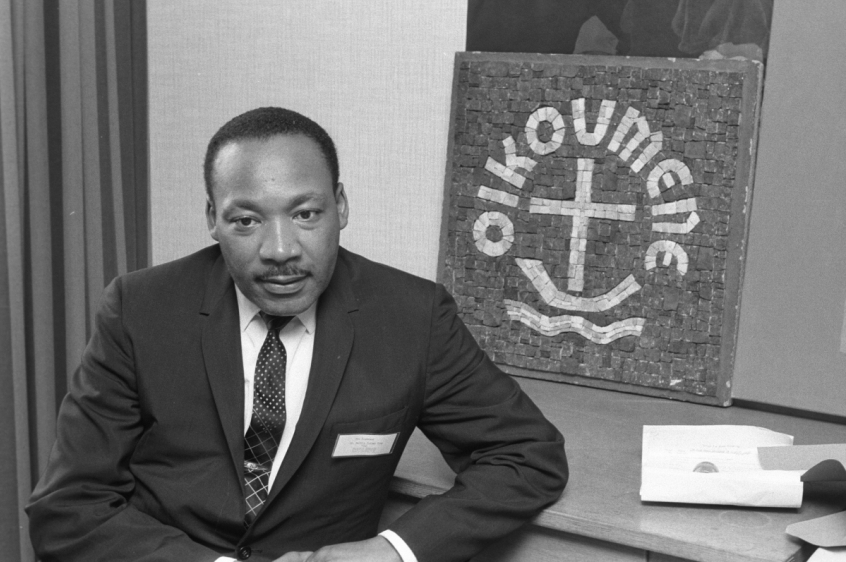
MLK is the nearest Baptists have come to producing a true national hero, and his courageous campaign for racial equality in the US will assure him a place in history. But it does appear likely that while the FBI was all too eager to smear him in order to discredit his work, sexual continence was not his strong point. Audiotapes said to record his sexual encounters have been sealed in the US National Archives until 2027.
8. John Howard Yoder
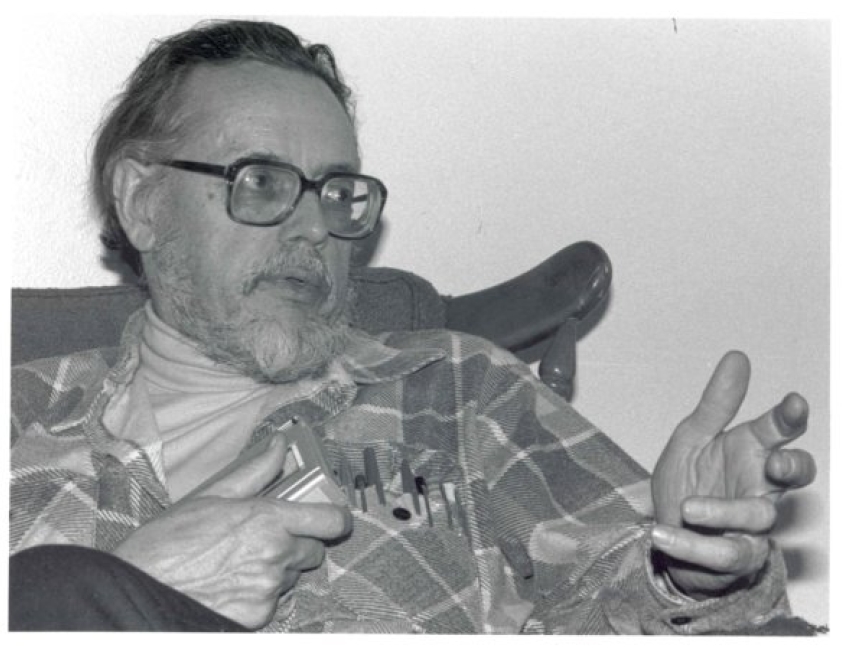
In recent decades, the Mennonite theologian has been acknowledged as a serial sexual predator. A renowned Christian ethicist whose most influential work was The Politics of Jesus, Yoder abused more than 100 women during the 1970s and 1980s while at Anabaptist Mennonite Biblical Seminary. Allegations against him surfaced in 1992 and Yoder submitted to the Church's discipline process, but his reputation remained largely intact until recently. The seminary released a statement in October 2014 regretting the lack of "transparency" in the case and apologising for its failings.
These cases are all very different. The fact that these are all men reflects the preponderance of men in teaching roles throughout the centuries, but in most cases it's the women who suffered. Augustine and his mistress seem to have been truly in love, but she is discarded when a more suitable match comes along. One winces for Abelard, but Héloïse is the once forced into a convent life for which she has no vocation.
Tillich and Yoder – and the cases are not equivalent – both have something to teach us about the dangers of charismatic and influential people abusing their positions. In the end, God judges all, from the greatest to the least.
Follow @RevMarkWoods on Twitter.











